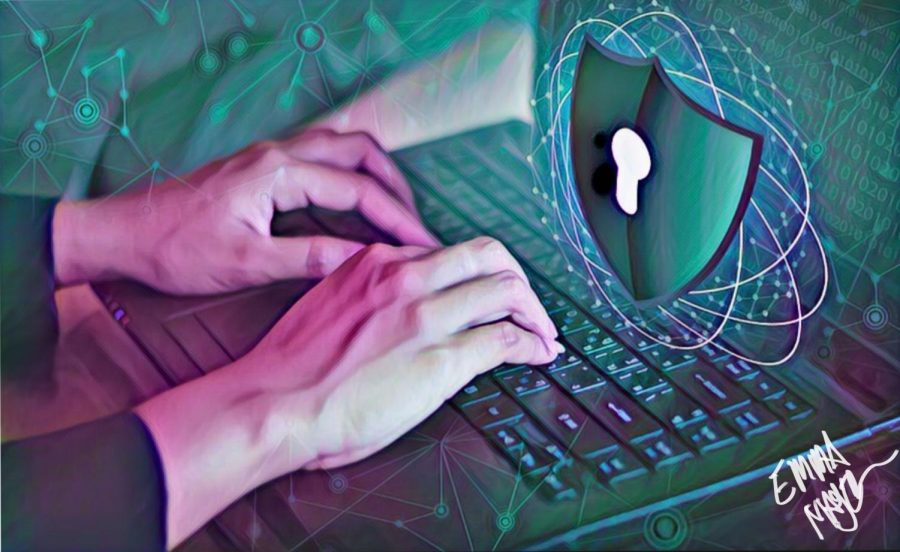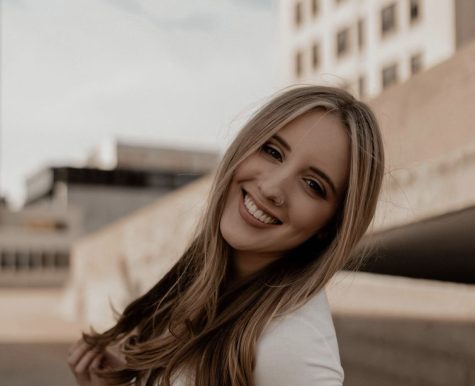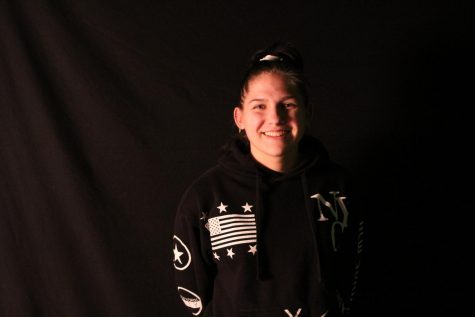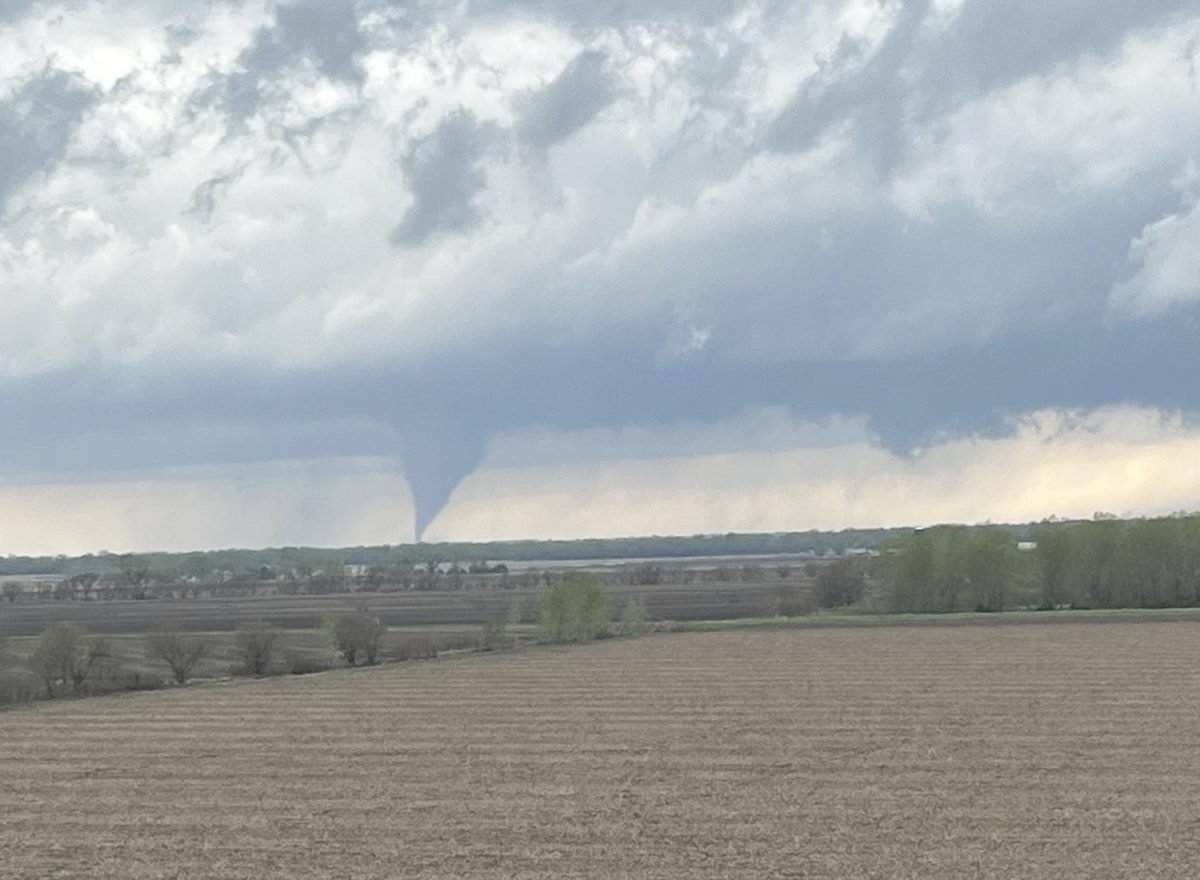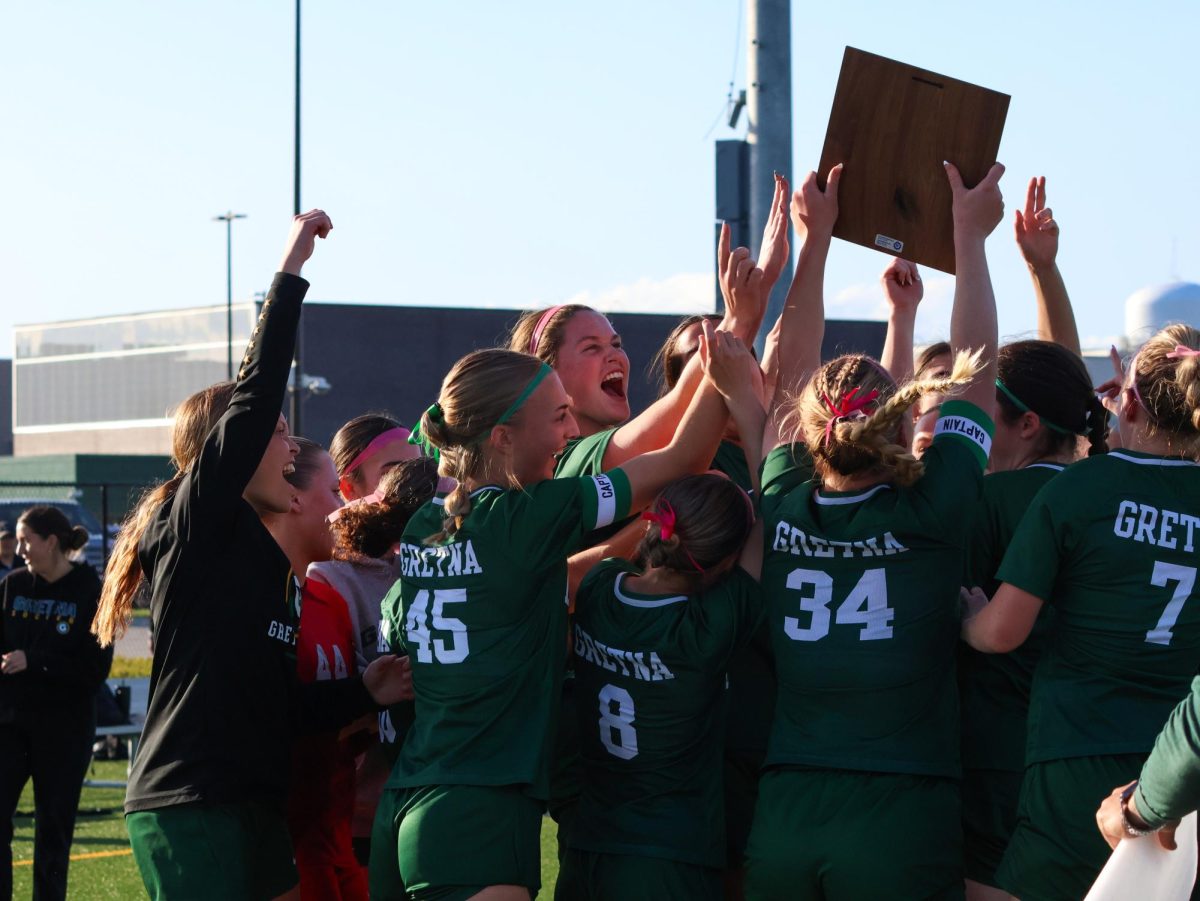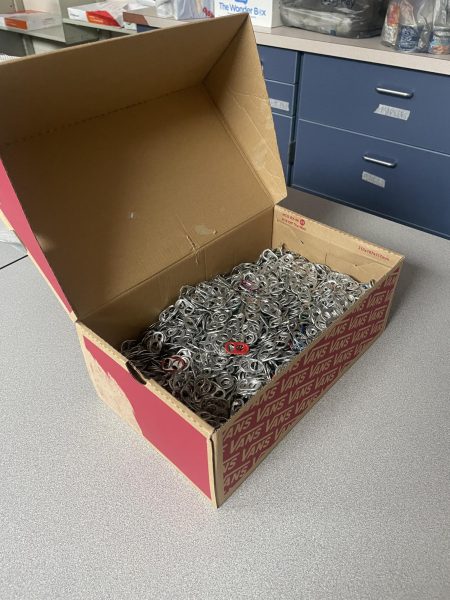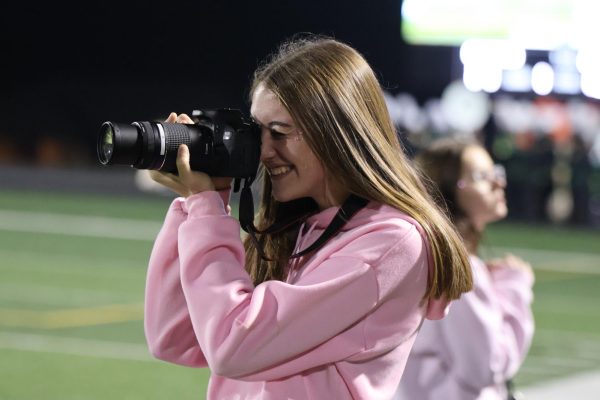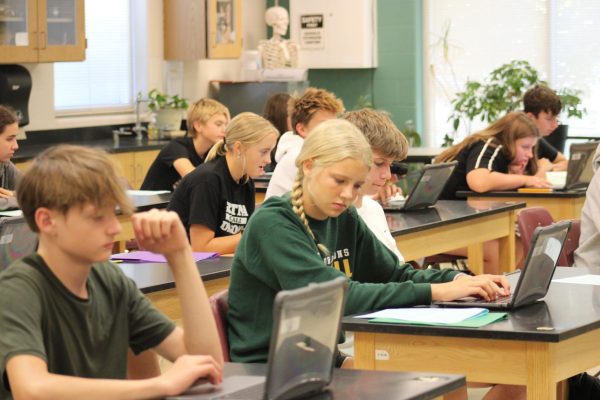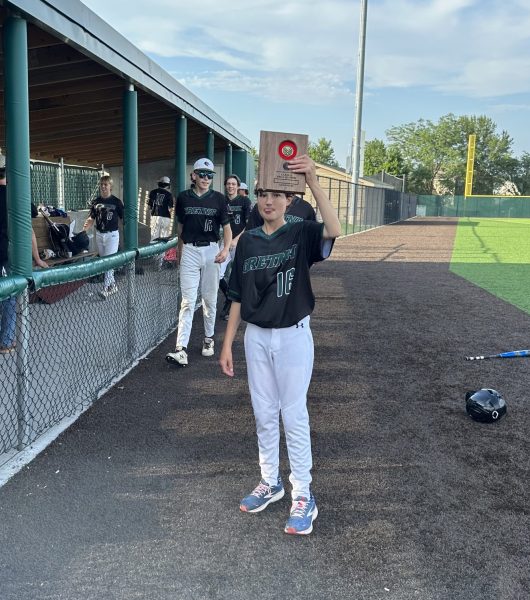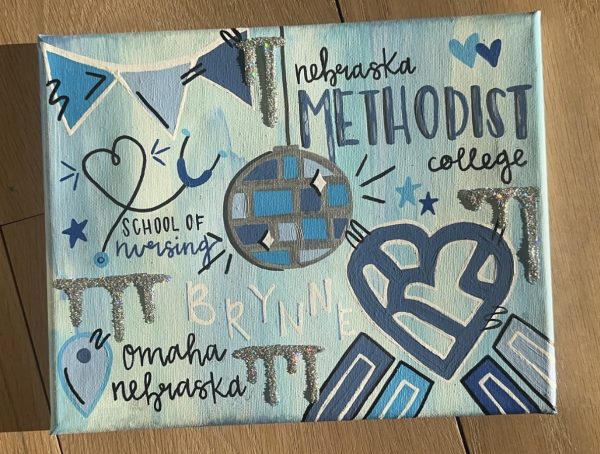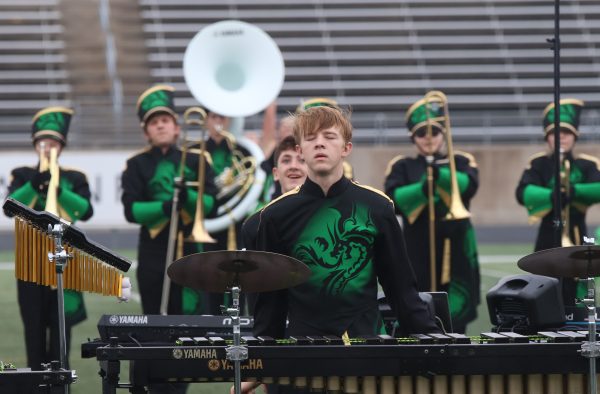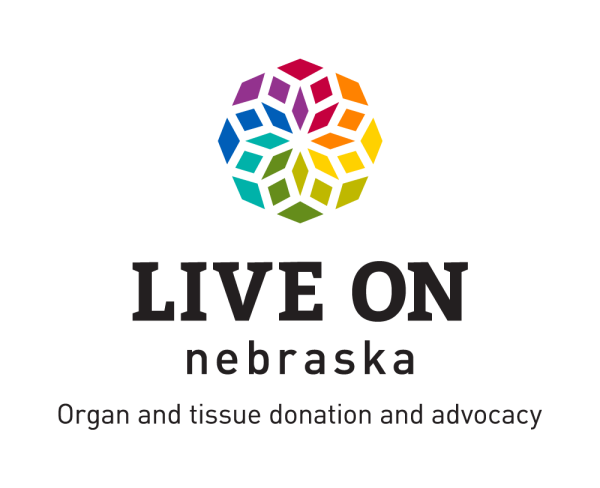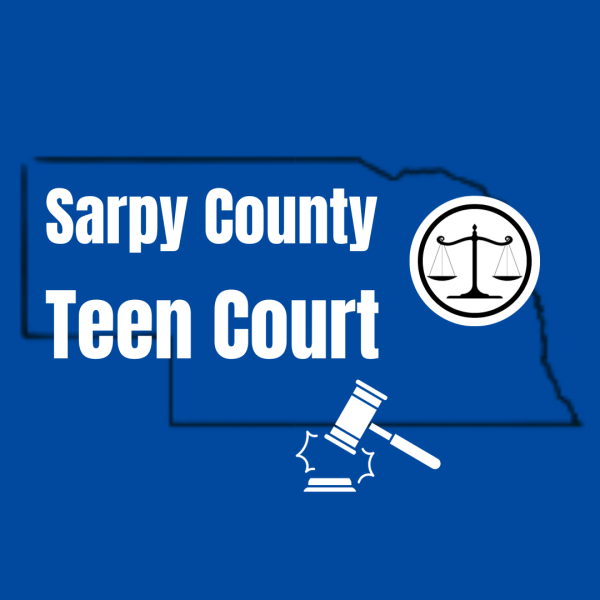Laws in Action
Nebraska Policy Standards Ensure Student Privacy
When browsing the web or uploading content, user privacy is neither guaranteed nor insured. Laws across the nation have been enforced to spread awareness of this message, especially in public schools and private facilities where personal privacy is at a higher risk.
April 3, 2020
On Sep. 1, 2019, the Nebraska legislature revised statute “28-311.08.” This was put into effect to ensure the privacy of Nebraska citizens, and more specifically, the students of Nebraska. This law not only prohibits the sharing of inappropriate content online, but it also prohibits the snapshotting and recording of photos and videos in places such as bathrooms and locker rooms.
“Honestly, as long as everyone in the camera agrees to be in the photo, the location shouldn’t matter.” sophomore Presley Lightwine said. “Obviously, if there are people in the photo who don’t realize they are in the photo, then the law should definitely get involved.”
Sophomore Isabella Lindberg is one student, in particular, who has had personal relations with this statute. During a swim meet at Brownell Talbot, a group of GHS girl swimmers went into the bathroom and posted pictures of themselves together on social media. The swim coach heard about these photos and warned them about what would happen if they were to take pictures in the bathroom again.
“Even though the law enforcement didn’t get involved in our situation, I don’t really understand why they should have to get involved in any situation like this at all,” Lindberg said. “I think the rule is smart when it comes to ensuring our privacy, but I don’t think it’s reasonable for the law to get involved over a harmless picture.”
Another statute entitled “86-290” states that in any given picture or voice recording, even if there are multiple people in the photo or recording, only one person in that photo or recording has to give consent for it to be used publicly. This is referred to as a one-consent party law; only 38 states (Nebraska included) and the District of Columbia enforce this law.
“Personally, for today’s generation, I think that being able to have one person’s consent for a photo or voice recording is very counterproductive,” technology curriculum facilitator Mrs. Waltars said. “I don’t think the law was written with a lot of thought, but I do see how it would be easier to just get the consent of one person rather than the whole group; it seems more productive this way.”
While some people consider this statute to be counterproductive, other people actually agree with it and think that privacy should be better monitored in bathrooms and locker rooms. Sophomore Presley Lightwine is one of these people who is thankful for this law.
“Honestly, I think this law makes sense; people shouldn’t be taking photos in the bathrooms or locker rooms at all,” Lightwine said. “While I don’t think students should get prosecuted by the law for abusing this rule, I do think that they should at least get a detention or something like that.”
The basis of personal privacy has been around for many years, but it was not until September when the privacy standards in Nebraska were revised to accommodate the increasing advancement of technology. Since then, school districts have been strict on how they enforce these policies so that the privacy of their students can be properly ensured.


